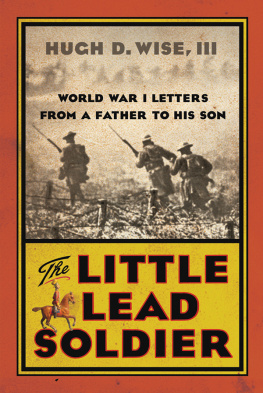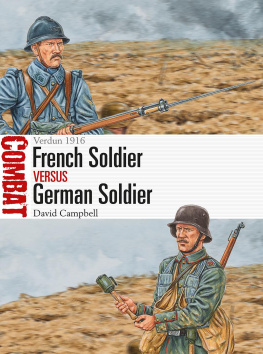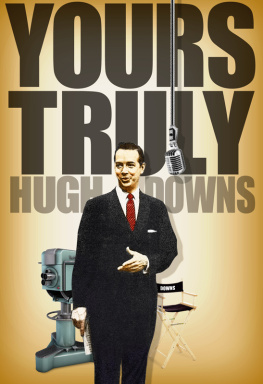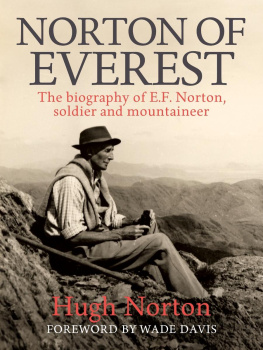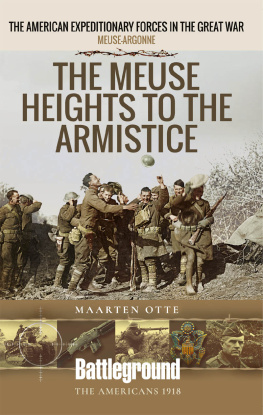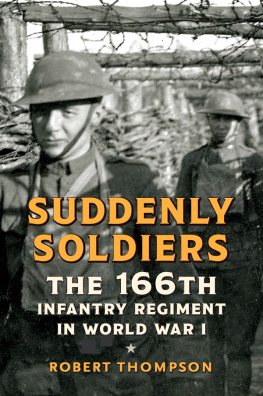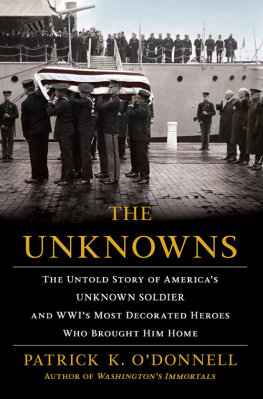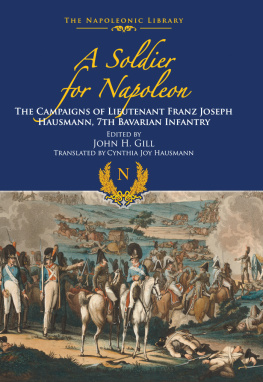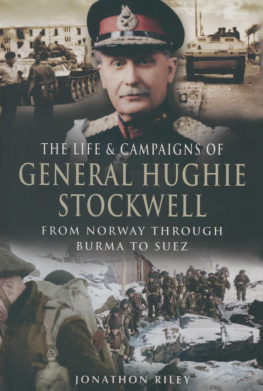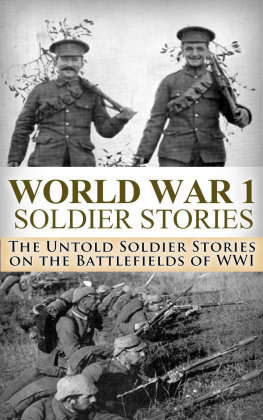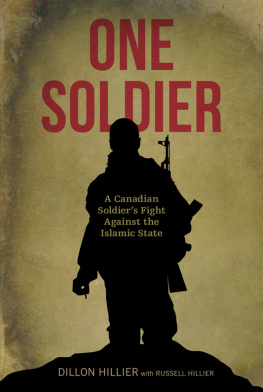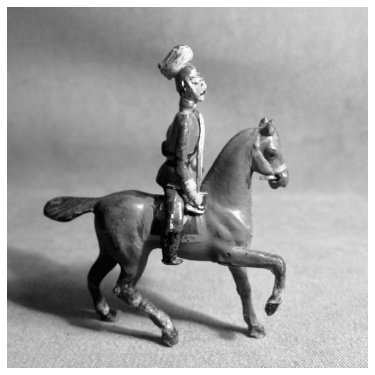Hugh D Wise III - The Little Lead Soldier: World War I Letters from a Father to His Son
Here you can read online Hugh D Wise III - The Little Lead Soldier: World War I Letters from a Father to His Son full text of the book (entire story) in english for free. Download pdf and epub, get meaning, cover and reviews about this ebook. publisher: Westholme Publishing, genre: Art. Description of the work, (preface) as well as reviews are available. Best literature library LitArk.com created for fans of good reading and offers a wide selection of genres:
Romance novel
Science fiction
Adventure
Detective
Science
History
Home and family
Prose
Art
Politics
Computer
Non-fiction
Religion
Business
Children
Humor
Choose a favorite category and find really read worthwhile books. Enjoy immersion in the world of imagination, feel the emotions of the characters or learn something new for yourself, make an fascinating discovery.
- Book:The Little Lead Soldier: World War I Letters from a Father to His Son
- Author:
- Publisher:Westholme Publishing
- Genre:
- Rating:5 / 5
- Favourites:Add to favourites
- Your mark:
The Little Lead Soldier: World War I Letters from a Father to His Son: summary, description and annotation
We offer to read an annotation, description, summary or preface (depends on what the author of the book "The Little Lead Soldier: World War I Letters from a Father to His Son" wrote himself). If you haven't found the necessary information about the book — write in the comments, we will try to find it.
The men had been shelled, gassed, and raked by machine guns constantly: and undergone several intense bombardments; and made a difficult though successful attack; and had resisted a fierce counter-attack. They had dug trenches, moved, and dug again. All this time they had been without shelter, exposed to a cold driving rain and without warm food They were wet, chilled, and tired when called upon for even greater efforts but they respond- ed with the energy and spirit of fresh troops.
A treasured family heirloom, these wartime letters are presented for the first time along with letters from Colonel Wise to his wife, and engrossing historical context provided by his grandson, Hugh D. Wise, III. The Little Lead Soldier: World War I Letters from a Father to His Son is a remarkable story of how a father performed his dangerous duty while keeping a promise to his boy. After the Civil War, Walt Whitman observed that the real war will never get in the books. This collection of letters provides keen insight into the real First World War.
Col. Hugh D. Wise, who commanded a U.S. regiment that fought in the epic battles of St. Mihiel and Meuse-Argonne, penned not only vivid accounts of the carnage, blunders, and confusion of combat but also lyrical description of peaceful scenes he observed. Anyone interested in under- standing the real War to End All Wars will read this ably edited compendium with pleasure and profit.
About the Author
HUGH D. WISE, III graduated from Princeton University with honors in history and received a law degree from the University of Pennsylvania. He also served in the Peace Corps in Brazil, where he was guest lecturer in American history at Universidade do Brasil and Universidade Catolica do Rio de Janeiro. He is a trial attorney, residing in Aspen, Colorado.
Hugh D Wise III: author's other books
Who wrote The Little Lead Soldier: World War I Letters from a Father to His Son? Find out the surname, the name of the author of the book and a list of all author's works by series.

